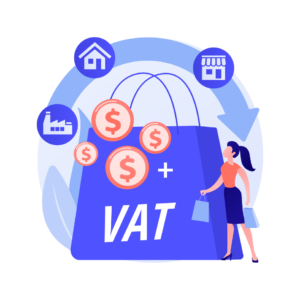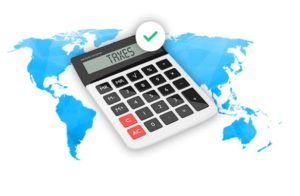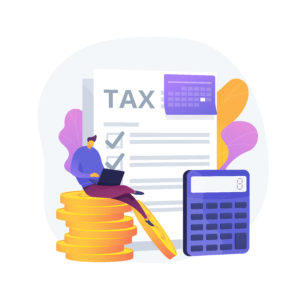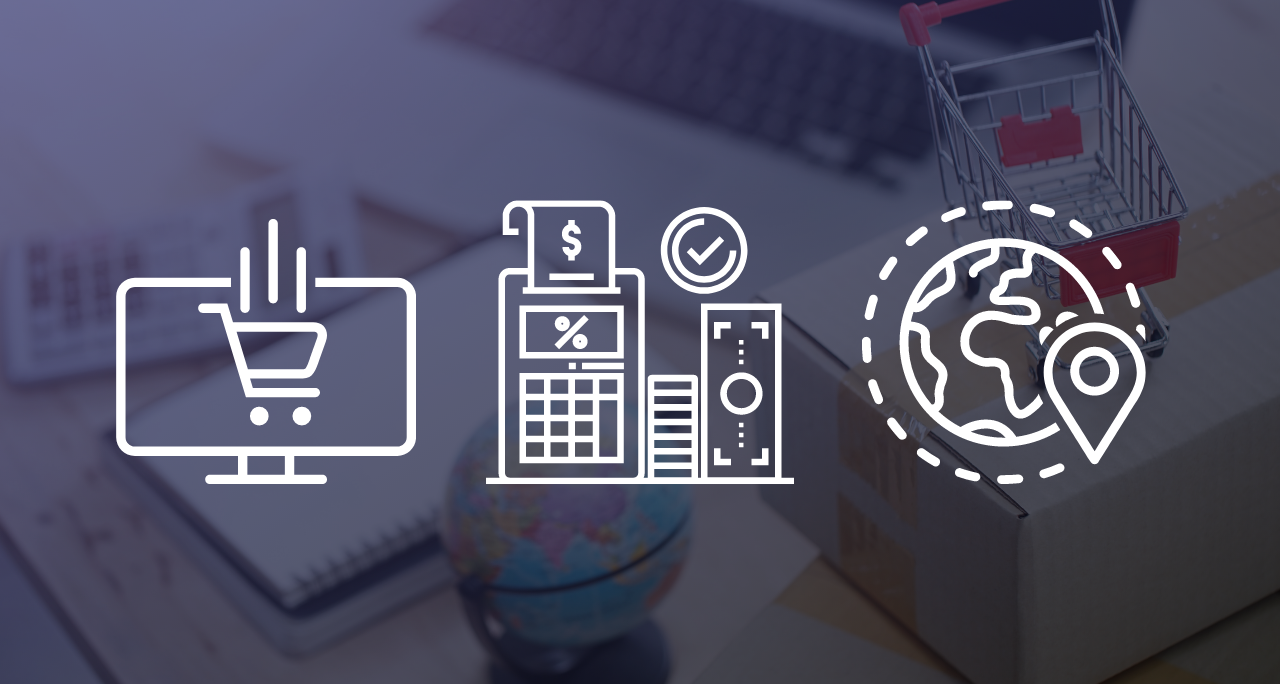Let’s be frank – the global economy and international tax laws have changed wildly over the last couple of years. To that end, eCommerce companies need to understand the constantly evolving tax landscape if they want to sell to a worldwide audience and grow their business.
In a recent live webinar, we went over some of the taxation challenges faced by merchants when selling in the US, EU, Canada, China, Russia, and India, while also exploring ways in which these can be overcome by using the reseller model.
Recent and upcoming legislative updates
Going international is a great idea to boost your business and maximize profit potential. But as anyone in the eCommerce sphere already knows, tax laws are not the same between countries. Because of this, selling to international audiences can be time-consuming and legally tricky.
Not only do different countries have distinct financial regulations – but they also have completely different tax codes and restrictions for eCommerce businesses. Even worse, these tax rules are constantly evolving and changing.
In our session we went over the most relevant recent and upcoming tax updates eCommerce business owners need to keep in mind when they sell their products across national borders. Read on to discover our main highlights, and be sure to watch the full session to get the entire picture.
New VAT rules
For starter, EU VAT rules underwent an update as of July 1, 2021. This introduced several new rules aiming to simplify VAT reporting obligations for eCommerce merchants, including:
- Previous thresholds for distance sales of goods and services within the EU have been abolished and replaced with a new, EU-wide threshold of €10,000 (~$11,600 US).
- Any sales below this threshold are still subject to VAT laws of the country where the seller is established (i.e. an eCommerce seller’s home country)
- This new threshold is lower than what it was in the past, but it’s now easier to determine whether you are obligated to register and collect VAT for sales to EU customers
- The old MOSS (Mini One Stop Shop) system was recently expanded and replaced by the OSS (One Stop Shop) and IOSS (Import One Stop Shop) platforms. These systems are intended to be used for cross-border transactions
- A cross-border seller now has the option to register in a single EU country then declare and pay the VAT collected from any customers within EU states through the OSS system.

The goal of these updates is to streamline the taxation process. It’s still a little complex for eCommerce sellers, but it is much better if you sell to an international audience that includes customers from multiple EU countries rather than just one.
Canadian tax updates
Canada’s international or cross-border tax system also got some updates in July, 2021. Specifically, Canada introduced rules for online sales of digital services and goods to Canadian residents. Under the new federal GST/HST, eCommerce sellers have to apply a tax rate ranging between 5-15% whenever they sell to a Canadian customer, depending on what province the customer is located.

Furthermore, merchants selling to Canadian shoppers need to observe Provincial Sales Taxes as well, in addition to the federal GST/HST. If a customer is located in Saskatchewan, British Columbia, or Québec, a provincial sales tax (PST, or QST for Quebec) must also be applied. Unfortunately, this means eCommerce sellers have to apply two distinct taxes when selling to Canadian customers and declare and pay those taxes to separate tax authorities.
Digital services taxes
Our session also gave us the opportunity to go over other taxation updates, outside the scope of indirect taxes – VAT, GST and sales taxes, such as digital service taxes which target large tech companies selling internationally. The Digital Services Tax (DST) applies to any non-residents who sell online goods or services to local customers. Currently, European countries including Great Britain, France, Spain, Turkey, and Italy have implemented this tax, in addition to other nations. A global deal has been reached for such a tax, so it’s better to prepare for it as a business.

Challenges of selling around the world
Given these updates, it’s easy to see why eCommerce business owners are having such difficulties wrapping their heads around which taxes they are obligated to pay and declare. But there are other issues that arise from selling in top markets around the world.
Geographical tax differences make compliance difficult
For one, many geographically close locations have different tax rules that make complying with regulations difficult. Take the US, for example. There are different tax rules in all 50 states and Puerto Rico. Furthermore, different cities and ZIP Codes may also have different tax rates.
For this reason, it can be all but impossible for an eCommerce business owner to know what taxes they need to account for when selling to US customers. Different industry regulations, too, mean compliance is a challenge for businesses accepting online payments.
Differentiation and splitting applicable taxes based on location
Canada’s new eCommerce tax laws showcase another challenge: the difficulty in differentiating and splitting the applicable taxes for a given sale (since they are dependent on the customer’s home province). In certain provinces, business owners may need to declare and pay two different taxes for a single sale.

Validation challenges
Last but not least, many eCommerce businesses are also struggling with tax validation. For example, the EU’s new VAT system is ostensibly streamlined, but you’re still required to validate your VAT ID carefully and accurately for the B2B sales, if you want to stay compliant.
It’s just another thing to add to your checklist of necessary chores before you can make sure your business is ready to go. Alongside things like security preparations, supply chain and payment processing, taxes and compliance can feel like a huge burden. Since there are so many tax laws to trip over, business owners could see their profits diminished by unnecessary fees and charges.
How the reseller model can help navigate tax challenges
To be frank, the modern taxation environment across borders is quite complex, as you need to know the basics or risk audits and losses. One way eCommerce business owners can overcome these challenges is by partnering with an eCommerce provider in a reseller model.
Say that you have a winning product that everyone wants to buy. You want to sell it all over the world, but you have no idea how to handle the tax rules from so many varying countries. Selling your software product to a reseller or digital commerce provider is much simpler. When you do this, your only sale is to the reseller, not to the end customers in different countries.

When you sell your products through a reseller model, you:
- Only make a single sale of your product to a single entity in one country
- Don’t have to worry about tax compliance for dozens of countries
- Aren’t liable for issues that may arise in the event of a tax audit
Finding the right business model with digital commerce providers is the ideal way forward for many eCommerce businesses, especially if you plan to scale internationally in the foreseeable future. Using the reseller model means you have no risk of being in violation of tax laws and having to pay exorbitant fees, which can really eat into your profits.
Conclusion
Ultimately, it’s tougher than ever for eCommerce businesses to understand the tax landscape and sell globally. But with the right business model – such as the reseller/ Merchant of Record model – you can make a profit and stay in tax compliance even in such a dynamic financial environment.
Want to know more about this subject? Watch our full webinar about the dynamic tax landscape to better understand why taxation matters when selling cross border.






